Last hope: Why it’s costing me $20,000 a month to stay alive
It’s Jemma Juckes’ last throw of the dice as she awaits a decision on whether a new cancer drug will be added to the pharmaceutical benefits scheme. Her life depends on it.
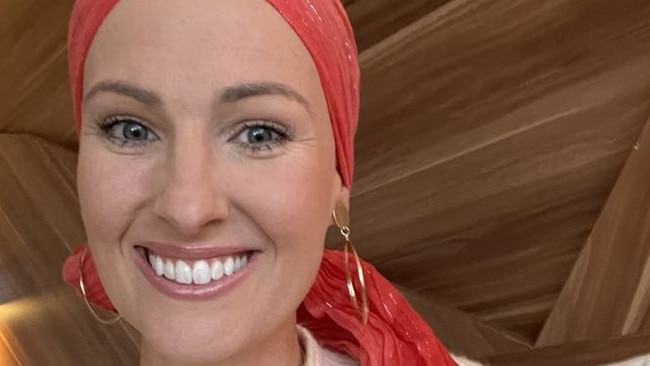
NSW
Don't miss out on the headlines from NSW. Followed categories will be added to My News.
Sydney woman Jemma Juckes is eagerly awaiting this week’s decision on whether a groundbreaking new cancer drug will be added to the pharmaceutical benefits scheme. Her life depends on it.
The 34-year-old has been forced to sell her business to be able to this week start the first-of-its-kind, targeted therapy — which comes from the US at a cost of $40,000 for the first month, and $20,000 per month thereafter.
It’s her last hope after chemotherapy, immunotherapy, radiation and a clinical trial failed to halt the rare and aggressive form of lung cancer she’s battling, which most commonly affects younger women like Ms Juckes who are non-smokers.
A government advisory committee will meet this week to decide whether to recommend funding for the precision medicine, Rybrevant, through the PBS for all patients with EGFR-Exon 20 non-small cell lung cancer.
If added to the PBS, Rybrevant would cost just $7.70 for concession holders or $31.60 for all other patients for each course of treatment.
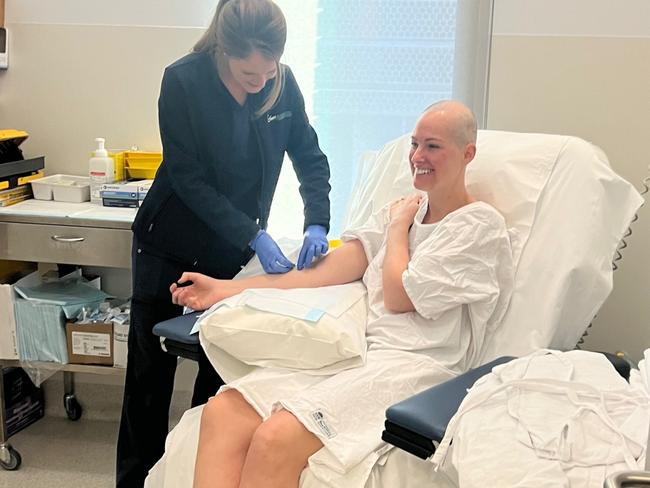
Patients receive four courses in the first month, and then a course each fortnight for as long as they need it.
Clinical studies have shown that it significantly extends the lives of patients – most of whom currently die within two years of diagnosis.
Ms Juckes was diagnosed in April 2023, 15 years after she beat an unrelated blood cancer, Hodgkin’s lymphoma.
“I had sciatica pain and testing found tumours on my spine and I was ultimately diagnosed with stage four non-small cell lung cancer which was just soul-crushing,” she said.
“It’s too far spread for surgery – I have multiple tumours around my body – and treatments have been tough; some have stabilised or shrunk my tumours but they’ve always grown back.
“This medication – which is specifically targeted at my rare mutation – gives me renewed hope; it could be a life changer for me and others in my situation.
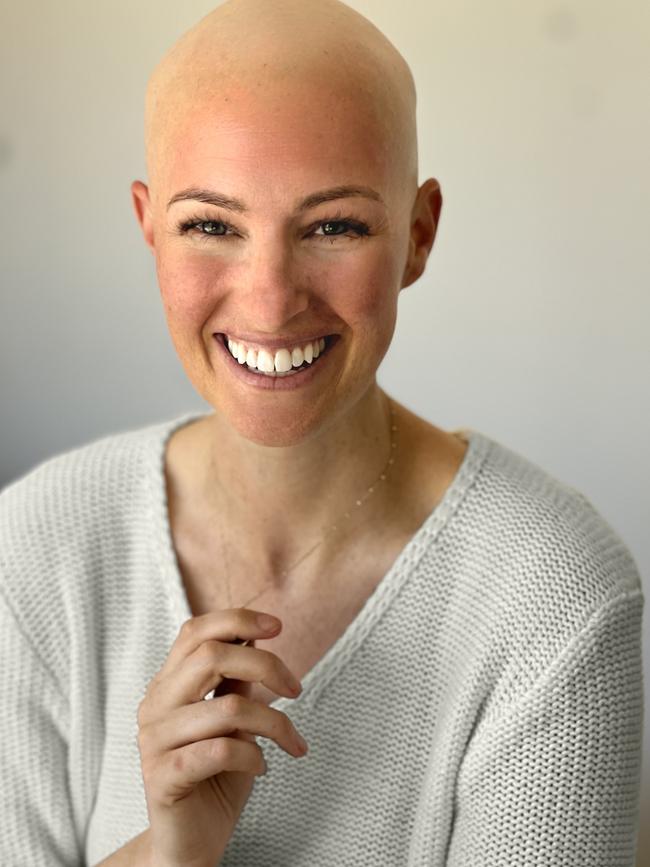
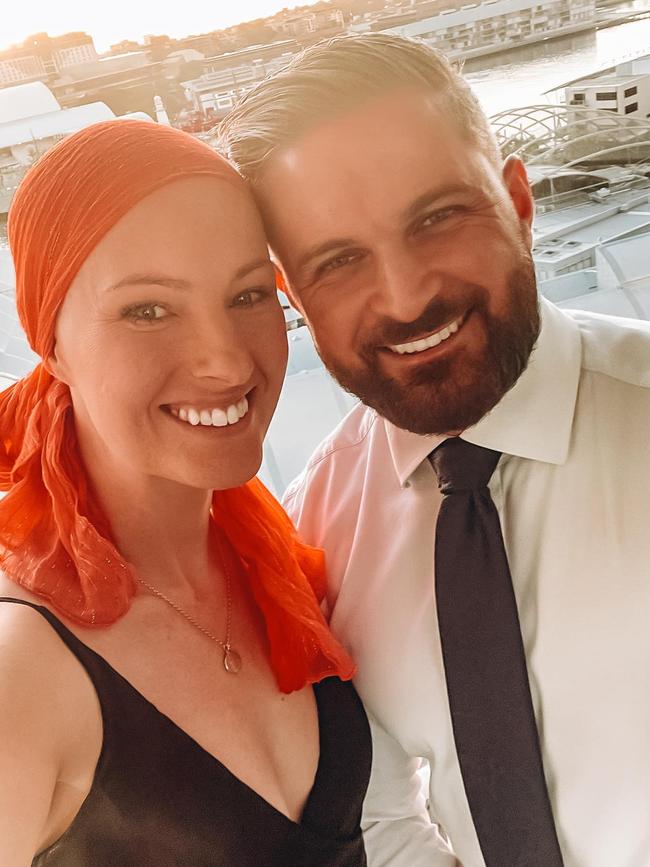
“If this decision is positive, I could focus on my fight for life and not the struggle to pay for it.”
Ms Juckes and her husband Lang used proceeds from the sale of the Glenorie pizzeria they’d run for nearly a decade to pay for the new drug – with Rare Cancers Australia fundraising to help with the costs of ongoing treatment.
Senior medical oncologist at Royal North Shore Hospital, Professor Nick Pavlakis, said the targeted therapy – which contains the active ingredient Amivantamab – was approved by the Food and Drug Administration in the US in September.
“The medicine contains an antibody that targets a protein called EGFR on the cell surface which promotes cancer growth,” he said. “It binds them and stops them from stimulating growth of the cancer cells.
“Compared to standard chemotherapy alone it has been shown in clinical trials to substantially prolong the time period the cancer remains in remission.
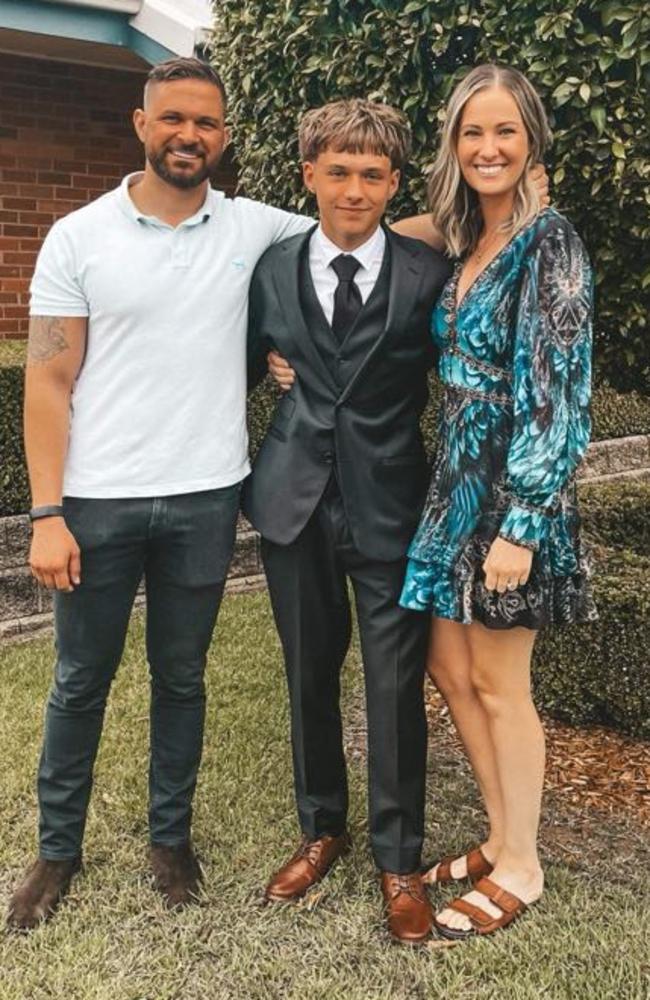
“This is a type of cancer that tends to affect women and at a young age. If we can make it affordable or free it will keep them alive and well and functioning at work or with their families for longer.”
Lung Foundation Australia chief executive officer Mark Brooke urged the Pharmaceutical Benefits Advisory Committee to recommend Rybrevant for the PBS for Australians with this rare lung cancer.
“This form of lung cancer comes with a low survival rate and current therapies provide limited benefit,” he said.
“There are currently no targeted treatments available through the PBS for people impacted by this form of lung cancer.
“Access to targeted therapies is urgently needed to give people hope and the possibility of living longer.”
A spokesperson for Health Minister Mark Butler said the government listed medicines at the earliest opportunity once recommended by the PBAC.
“Since July 2022, the Albanese Government has approved extra funding for 264 new and amended listings on the PBS.”





